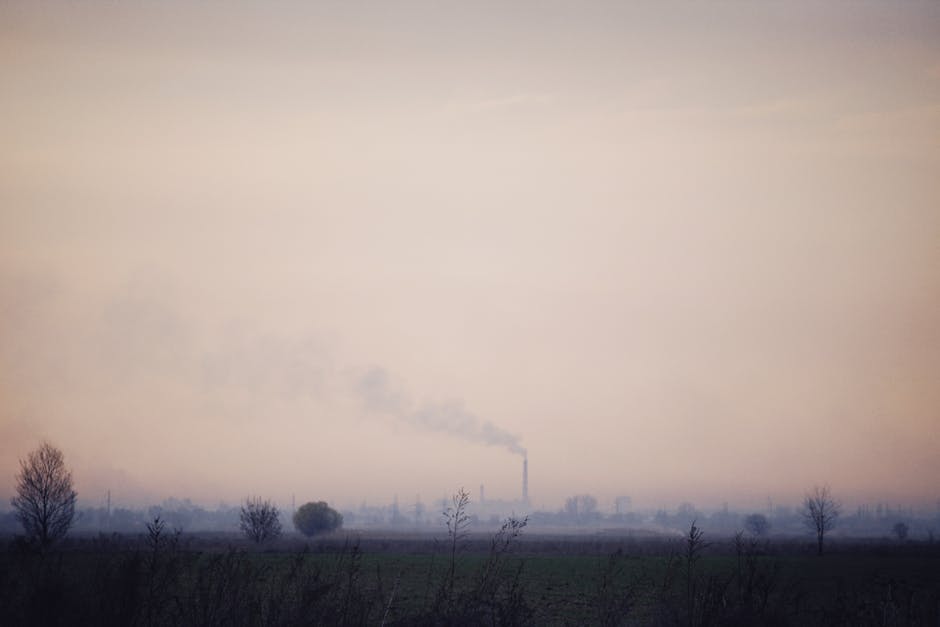Introduction: Trump’s Hardline Stance on Venezuela
The Trump administration has relentlessly targeted Venezuela’s socialist government, recognizing opposition leader Juan Guaidó, imposing severe sanctions, and hinting at military action. But is this a covert regime change push? And where else is Trump intervening abroad?
Trump’s Venezuela Strategy: Regime Change or Geopolitical Chess?
Since 2019, the U.S. has backed Guaidó as Venezuela’s “interim president” while freezing assets and blocking oil exports. Though officials deny direct regime change, the tactics echo past U.S. interventions in Latin America.
Key Motivations:
– Countering Russia/China: Maduro’s ties to Moscow and Beijing make Venezuela a proxy battleground.
– “America First” Doctrine: Trump aims to reassert U.S. dominance in the region.
Beyond Venezuela: 4 Global Hotspots Where Trump Is Meddling
1. Iran: Sanctions, Assassinations, and Cyber Warfare
Trump’s “maximum pressure” campaign included:
– Killing top general Qasem Soleimani.
– Supporting anti-government protests.
– Cyber attacks to destabilize Tehran.
Risks: Pushing Iran closer to Russia and China.
2. Cuba: Reversing Obama’s Détente
Trump reinstated travel bans and sanctions to weaken Cuba’s communist regime—reviving Cold War-era tactics.
3. Bolivia: U.S. Backing of the 2019 Coup
After Evo Morales’ ouster, Trump celebrated interim leader Jeanine Áñez. The quick U.S. recognition raised suspicions of involvement.
4. Afghanistan: Dealing with the Taliban
Trump negotiated directly with the Taliban for a U.S. exit, sidelining Afghanistan’s government and risking a militant resurgence.
The Bigger Question: Does Trump’s Meddling Work?
- Venezuela: Maduro clings to power despite sanctions.
- Iran: Sanctions hurt civilians but haven’t toppled the regime.
- Bolivia: The U.S.-backed government collapsed within a year.
Critics argue Trump’s “soft coup” tactics—sanctions, cyber ops, and opposition support—create chaos without guaranteed results.
Conclusion: A New Era of U.S. Intervention?
Trump’s foreign policy prioritizes economic warfare over military action, but the long-term consequences remain unclear. As the 2024 election approaches, one thing is certain: America’s global influence is shifting—with or without global approval.




